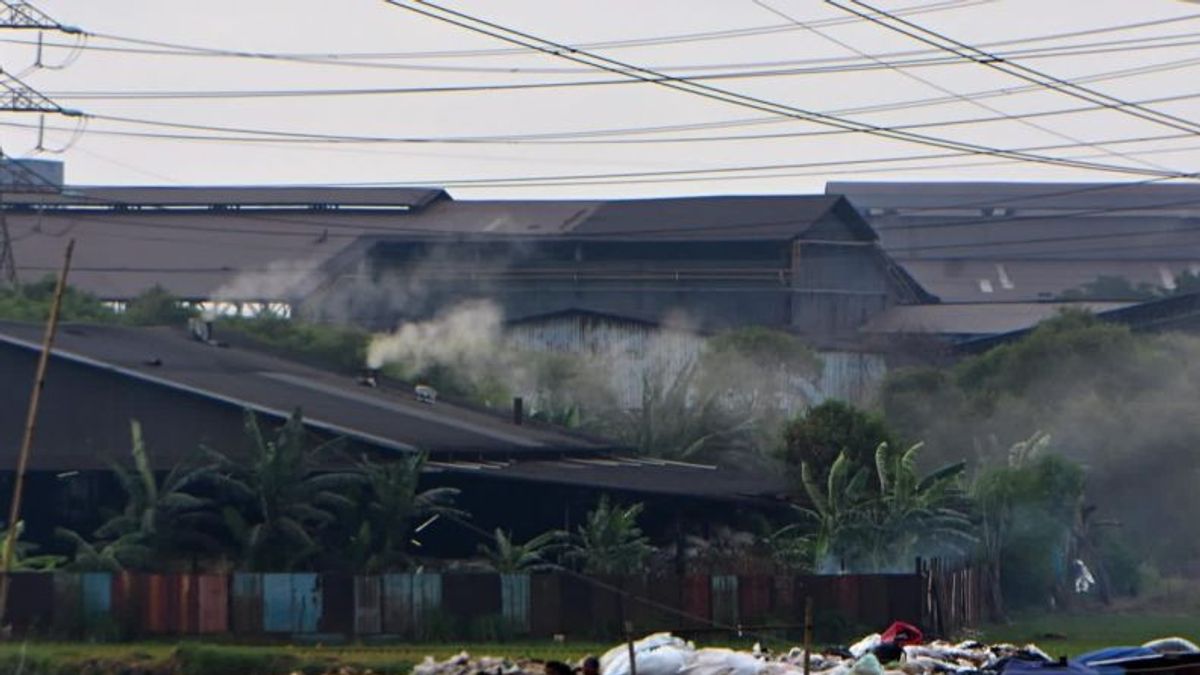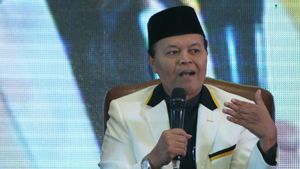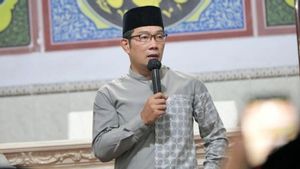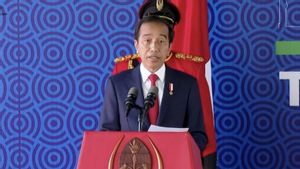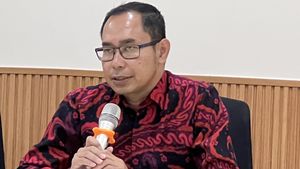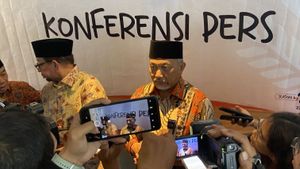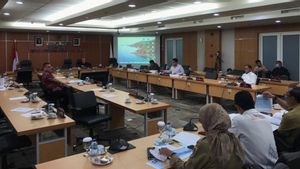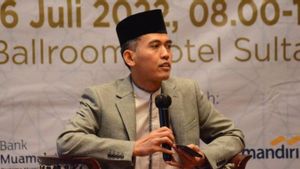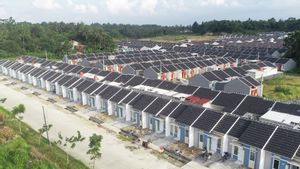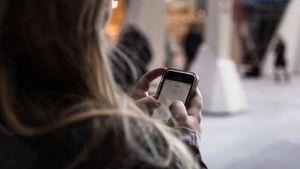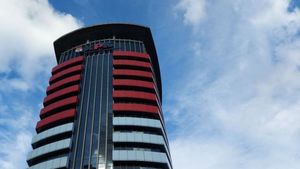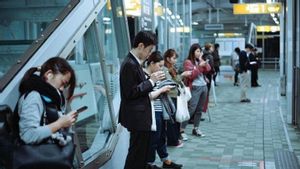BEKASI - The Bekasi Regency Government, West Java stated that it is still waiting for technical directions from the Ministry of Home Affairs regarding the application of a pattern of working from home or "work from home" for local officials.
Bekasi Regent Dani Ramdan said the discourse on the re-implementation of the pattern of working from home arose due to pollution that occurred in the DKI Jakarta area and its surroundings, including Bekasi Regency.
"Regarding WFH (Work From Home), what implementation is being studied," he said in Cikarang as reported by ANTARA, Tuesday, August 22.
The same thing was expressed by the Secretary of the Regional Secretary of Bekasi Regency, Dedy Supriyadi, who stated that the implementation of WFH was still under the study of the Ministry of Home Affairs. If it has been determined later, WFH can be implemented immediately.
"Last Friday I myself attended a meeting with the Ministry of Home Affairs regarding WFH. There are a number of inputs from this related area, however, the implementation is still waiting from the Ministry of Home Affairs," he said.
In recent weeks, air pollution in Jakarta has become a public discussion. How not, the air conditions of the capital city are considered unhealthy due to the high level of pollution.
This condition has also attracted the attention of the central government by re-discourseing on WFH. The implementation of this policy also involves other regions in the Jabodetabek agglomeration, including Bekasi Regency.
He stated that in a coordination meeting with the Ministry of Home Affairs, pollution also occurred in the area around the capital, including Bekasi Regency. During the discussion, pollution was caused by at least two factors, namely industrial operations and motorized vehicles.
اقرأ أيضا:
The high population mobility in the Jabodetabek area is one of the biggest contributors to air pollution. "Bekasi is also high, because there is an industry as well as population mobility. From those who go to work or who just take their children to school. Contributing to air pollution. So the WFH discourse appears," he said.
He admitted that he could not confirm the technical scheme for implementing WFH, including which regional apparatus will undergo WFH. "But what is clear is that this WFH will certainly not interfere with the public service process," he said.
The implementation of WFH will adopt a policy of restrictions during the last COVID-19 pandemic. Because the highest contributor to pollution comes from vehicle smoke, the main focus of WFH is limiting population mobility.
"Including Bekasi where mobility activity is high so that carbon production is also large. So the policy framework adopted during COVID-19. It's just a matter of how the technical study will be from the Ministry of Home Affairs," said Dedy Supriyadi.
The English, Chinese, Japanese, Arabic, and French versions are automatically generated by the AI. So there may still be inaccuracies in translating, please always see Indonesian as our main language. (system supported by DigitalSiber.id)
